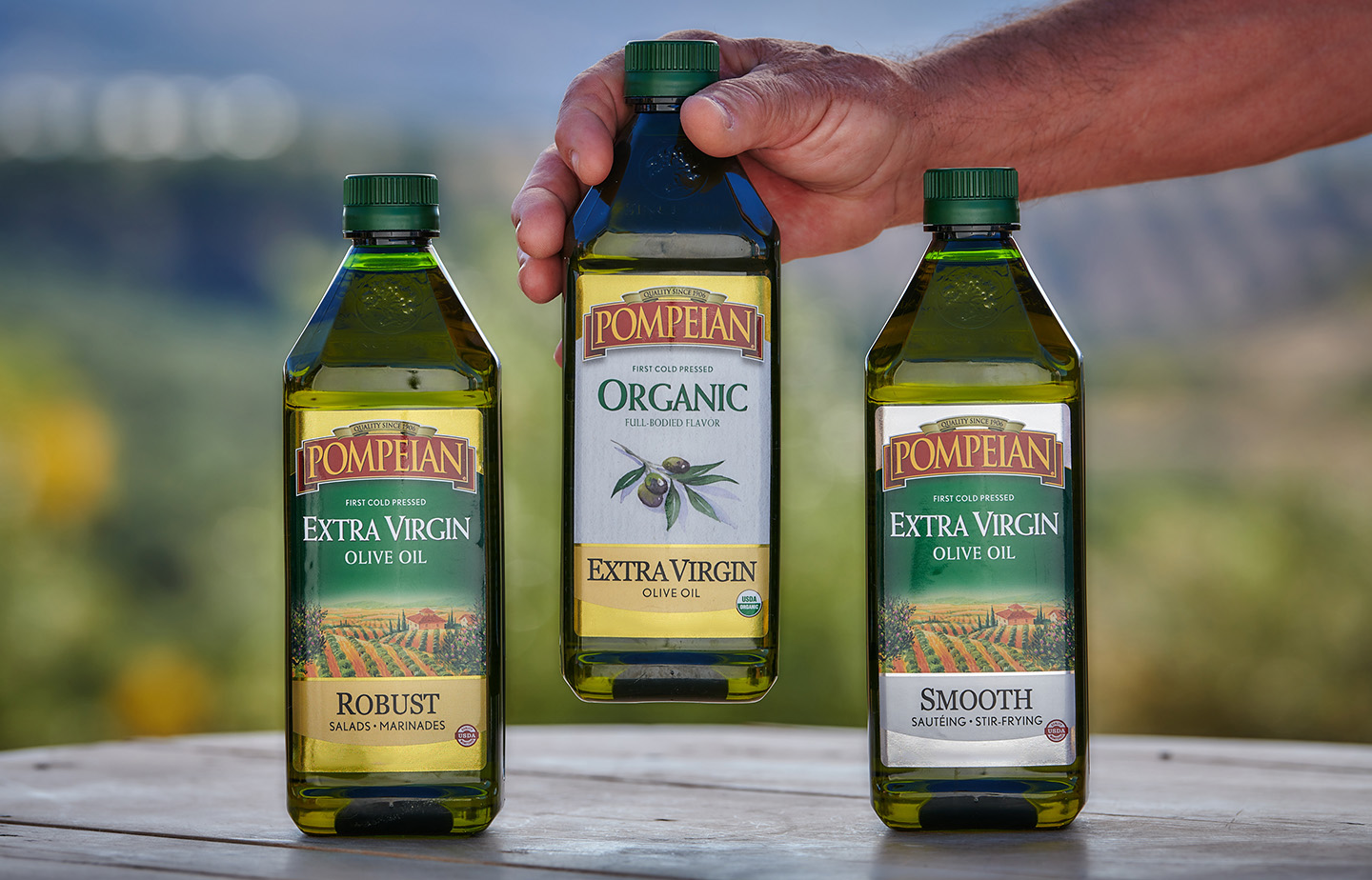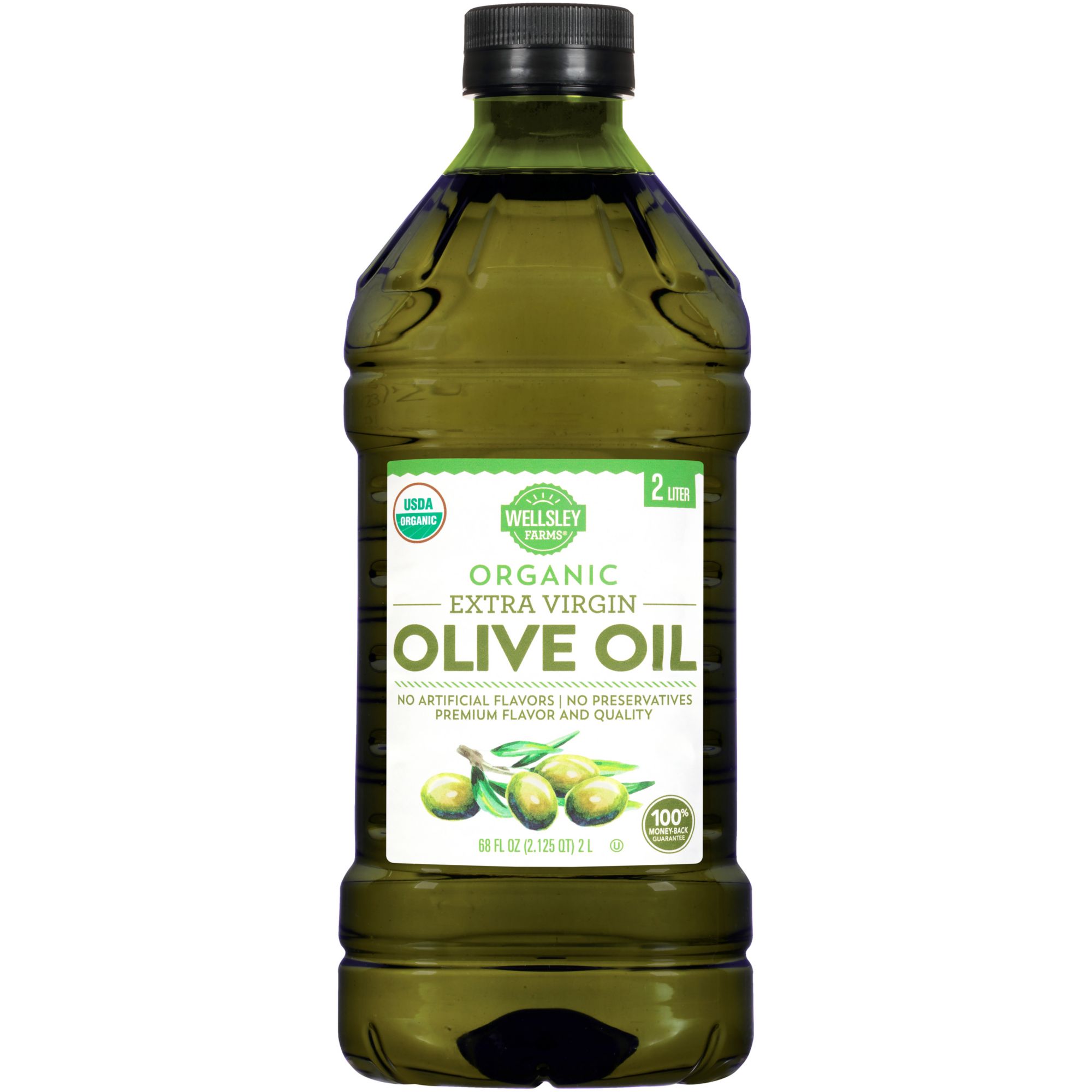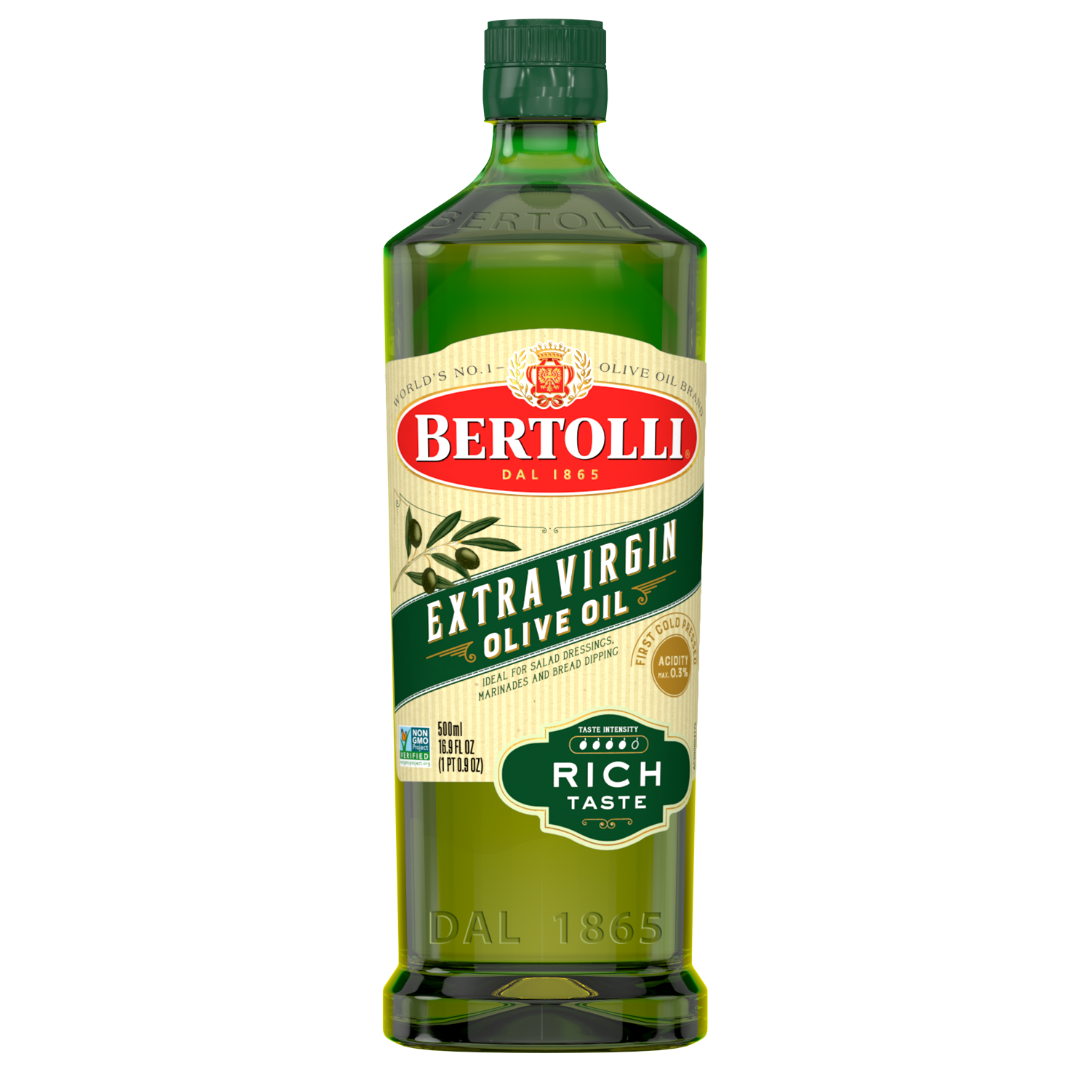Surprising Extra Virgin Olive Oil Benefits You Need to Know
Surprising Extra Virgin Olive Oil Benefits You Need to Know
Blog Article
Checking Out the Various Kinds Of Olive Oil and Their Usages, Consisting Of Bonus Virgin Olive Oil
The exploration of olive oil encompasses a diverse variety of kinds, each offering culinary applications and unique tastes. Extra virgin olive oil, renowned for its remarkable quality and health and wellness advantages, serves as a staple in numerous cooking areas, yet it is only one facet of this diverse active ingredient.
What Is Olive Oil?
Originated from the fruit of the olive tree, olive oil is a staple in Mediterranean food and a vital ingredient in different cooking applications. This functional oil is produced by pressing whole olives, leading to a fluid that differs in scent, taste, and shade depending on the kind of olives utilized, the region of growing, and the removal procedure. Olive oil is mostly made up of monounsaturated fats, particularly oleic acid, which is known for its potential health benefits, consisting of anti-inflammatory residential properties and cardio assistance.
In addition to its cooking usages, olive oil has a lengthy background of application in typical medication and skin care, owing to its abundant antioxidant web content (extra virgin olive oil benefits). The oil is often used in dressings, marinades, and for cooking methods such as sautéing and roasting. Its distinctive taste account can improve the preference of different meals, making it a vital component for both home cooks and professional chefs
Furthermore, olive oil is commemorated for its duty in the Mediterranean diet, which is related to countless wellness advantages. As understanding of these advantages grows, olive oil proceeds to get popularity worldwide as a fundamental component of a healthy and balanced way of life.
Kinds of Olive Oil
Understanding the numerous kinds of olive oil is important for both culinary enthusiasts and health-conscious consumers. Olive oil is categorized primarily based upon its extraction approach and quality, which significantly impacts its taste, health, and scent advantages.

Light olive oil, regardless of its name, describes a lighter flavor and not lower calories. It is ideal for those looking for an extra subtle taste in dressings and marinates. Furthermore, there are flavorful olive oils infused with herbs, spices, or citrus, which can improve meals without the need for added flavoring.
Each sort of olive oil serves details cooking purposes, and understanding these distinctions enables customers to make educated choices that straighten with their food preparation styles and wellness goals.
Bonus Virgin Olive Oil
Additional virgin olive oil (EVOO) is widely pertained to as the best olive oil readily available, well known for its abundant flavor and countless health and wellness benefits. To be categorized as extra virgin, the oil needs to be produced from fresh olives utilizing mechanical find more information processes, without the usage of solvents or excessive warm. This meticulous technique maintains the oil's natural tastes, antioxidants, and healthy and balanced fats, leading to a product with a low level of acidity level of much less than 0.8%.
EVOO is bountiful in monounsaturated fats, especially oleic acid, which is connected to reduced swelling and boosted heart health. It additionally contains polyphenols, powerful anti-oxidants that might provide safety results against chronic conditions. The flavor account of EVOO can vary significantly depending upon the olive range and area of production, ranging from verdant and fruity to durable and peppery.

Culinary Utilizes of Olive Oil

In food preparation, olive oil can be utilized for sautéing, roasting, and grilling, offering a healthier alternative to butter or other fats. Its high smoke factor makes it ideal for numerous cooking techniques, while its antioxidants contribute to a heart-healthy diet plan. Sprinkling olive oil over finished dishes, such as pasta, fish, or smoked veggies, can raise flavors and add a touch of elegance.
Moreover, olive oil plays a substantial function in baking, where it can replace typical fats in dishes for bread and pastries, imparting dampness and a refined taste. It also functions as a base for instilled oils, allowing cooks to trying out flavors such as garlic, herbs, or chili, better broadening its culinary possibility. Generally, olive visit this page oil's adaptability makes it important in both home and professional cooking areas.
Picking Quality Olive Oil
When picking high quality olive oil, it's important to take into consideration numerous vital aspects that influence the item's scent, taste, and health and wellness advantages. Opt for additional virgin olive oil (EVOO), which is acquired from the first chilly pushing of olives and contains the greatest degrees of antioxidants and helpful substances. Look for oils that are accredited by identified organizations, as this typically makes certain adherence to stringent high quality criteria.
The product packaging also plays a considerable function in maintaining the oil's integrity. Choose oils kept in dark glass containers or tins to shield versus light degradation. Take notice of the harvest date; fresher oils use premium taste and nutritional value, so select products that are within 18 months of their harvest.
Be aware of the taste; an excellent top quality olive oil must have an equilibrium of fruity, bitter, and peppery notes, index indicating its splendor and intricacy. By examining these elements, you can ensure you are picking the ideal olive oil for your culinary needs.
Conclusion
In summary, the expedition of various kinds of olive oil exposes distinctive qualities and applications, with added virgin olive oil representing the peak of quality due to its reduced acidity and high antioxidant material. Understanding the different selections of olive oil allows for educated choices in cooking approaches, promoting much healthier practices while enhancing the total gastronomic experience.
Derived from the fruit of the olive tree, olive oil is a staple in Mediterranean food and a vital component in different cooking applications.The most common kinds of olive oil consist of refined olive oil, pure olive oil, and light olive oil.Additional virgin olive oil (EVOO) is extensively regarded as the greatest top quality olive oil available, well known for its abundant taste and numerous health and wellness advantages. Decide for extra virgin olive oil (EVOO), which is derived from the very first cool pushing of olives and contains the greatest levels of anti-oxidants and valuable compounds.In summary, the exploration of different kinds of olive oil discloses distinctive characteristics and applications, with extra virgin olive oil representing the pinnacle of high quality due to its reduced level of acidity and high antioxidant web content.
Report this page